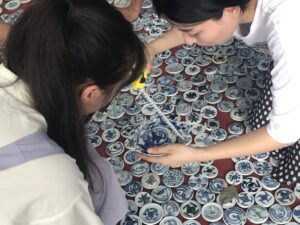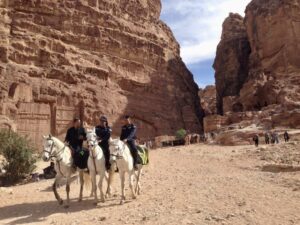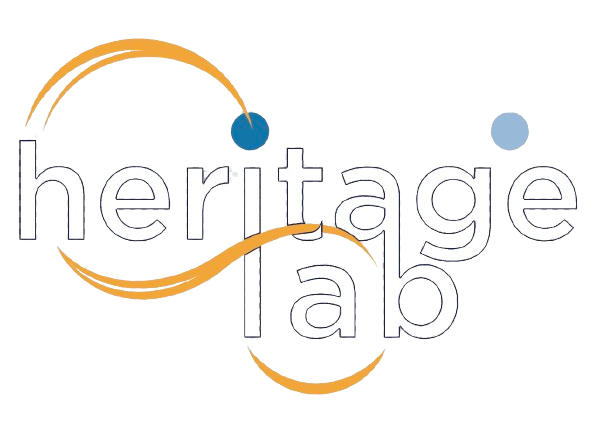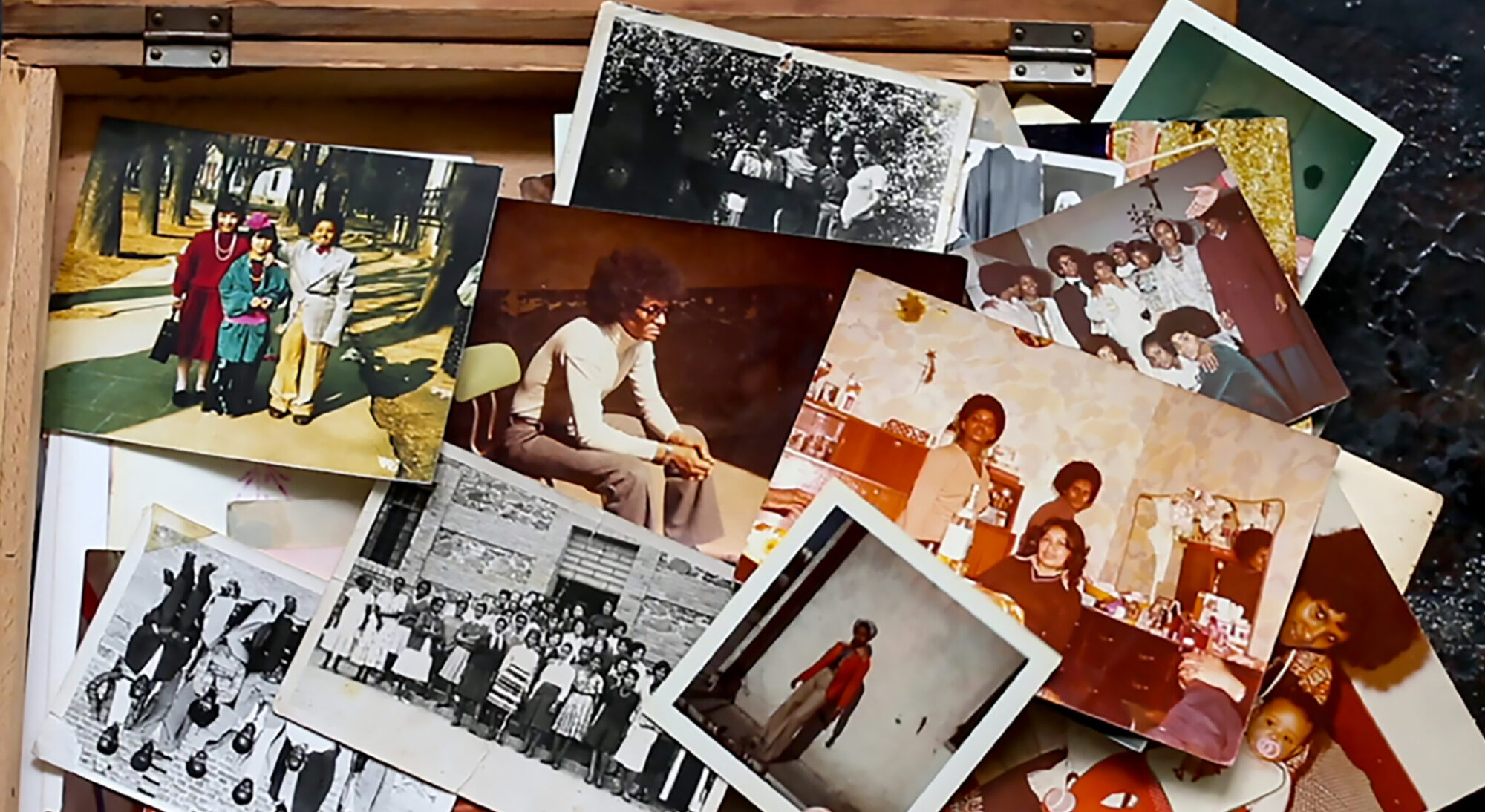Future Stories in the Global Heritage Industry
An Anthology
Forthcoming (Routledge, 2025)
Edited by Alia Yunis, Robert Parthesius and NiccolòAcram Cappelletto

Looking towards the future of the past, this volume asks if heritage can be objectively or equitably managed as it increasingly comes into conflict with issues of socio-economics, nation building, ethnicity, race, religion and gender. Focusing on the Global South and written by emerging scholars and heritage professionals connected to these heritage sites through their own heritage, this anthology explores the heritage and memory of seven communities that find themselves in contact with the rest of the world when they become authorized heritage sites. The authors explore what happens to practices that are communal, rather than national and international, and to memories that contradict nationalistic agendas in the booming heritage and tourism industries.
 While the largest number of World Heritage Sites are in Western Europe, these sites focus primarily on the Global South, with case studies in are located in Eritrea, China, Mozambique, Tanzania, Malaysia and Romania, the UAE/India, many of which share a complicated postcolonial legacy. The chapters assess intangible and collective memory through film, architecture, art, music. They look at heritage in the context of transnationalism, diasporas, finances, employment, tourism, environment, religion, cuisine, and ceramics. Oral histories, ethnographic methods, interviews, and archival research constitute the tools of the contributors.
While the largest number of World Heritage Sites are in Western Europe, these sites focus primarily on the Global South, with case studies in are located in Eritrea, China, Mozambique, Tanzania, Malaysia and Romania, the UAE/India, many of which share a complicated postcolonial legacy. The chapters assess intangible and collective memory through film, architecture, art, music. They look at heritage in the context of transnationalism, diasporas, finances, employment, tourism, environment, religion, cuisine, and ceramics. Oral histories, ethnographic methods, interviews, and archival research constitute the tools of the contributors.
Re Emerging Past is a unique collaboration between the Dhakria Center/HeritageLab faculty and former researchers and students working with the Dhakira Center/HeritageLab.
 The editors’ inspiration for this volume came during the heritage management course World Heritage Sites and Universal Collections in Fall 2020 at NYUAD, co-taught by Professors Robert Parthesius and Alia Yunis. NiccolòAcram Cappelletto, a student in that class, became a Post-Graduate Research Fellow at the Dhakira Center, and part of his research included continuing the development of this volume in line with the principles of heritage, particularly in the context of communities and contemporary youth.
The editors’ inspiration for this volume came during the heritage management course World Heritage Sites and Universal Collections in Fall 2020 at NYUAD, co-taught by Professors Robert Parthesius and Alia Yunis. NiccolòAcram Cappelletto, a student in that class, became a Post-Graduate Research Fellow at the Dhakira Center, and part of his research included continuing the development of this volume in line with the principles of heritage, particularly in the context of communities and contemporary youth.
Key words: Authorized heritage, intangible heritage, shared heritage, contested heritage, transnationality, identity, collective memory, collective forgetting.
Table of Contents
00 Introduction: If I Have Heritage Today, Tomorrow I Exist
Robert Parthesius, Alia Yunis, and Niccolò Acram Cappelletto (Eds)
01 Last Home of the Ancient Potters: Jingdezhen’s Wobbly Path to UNESCO Inscription
Rayna Li (China)
02 The Shadows of Authenticity: Sustainability of a WHS status on Island of Mozambique
Verónica Mateus Pereira (Mozambique)
03 Where Would I Walk to Decolonise Myself?: Contemporary Film, Heritage, and Diaspora between Eritrea and Italy
NiccolòAcram Cappelletto - Asmara (Eritrea)
04 Thwarting Relation in Heritage: UNESCO and George Town’s Hawking Foodscape
Matthew Tan (Malaysia)
05 The Minefield: The Role of Civil Society in the Case of Roșia Montană
Laura Xenpol (Romania)
06 Zanzibar’s Tourist Guides: Gender and the Storyteller
Claire Louise Okatach (Tanzania)
07 The Boat Builders of Kerala: Sharing Transoceanic Culture
Noora Jabir (UAE/India)

